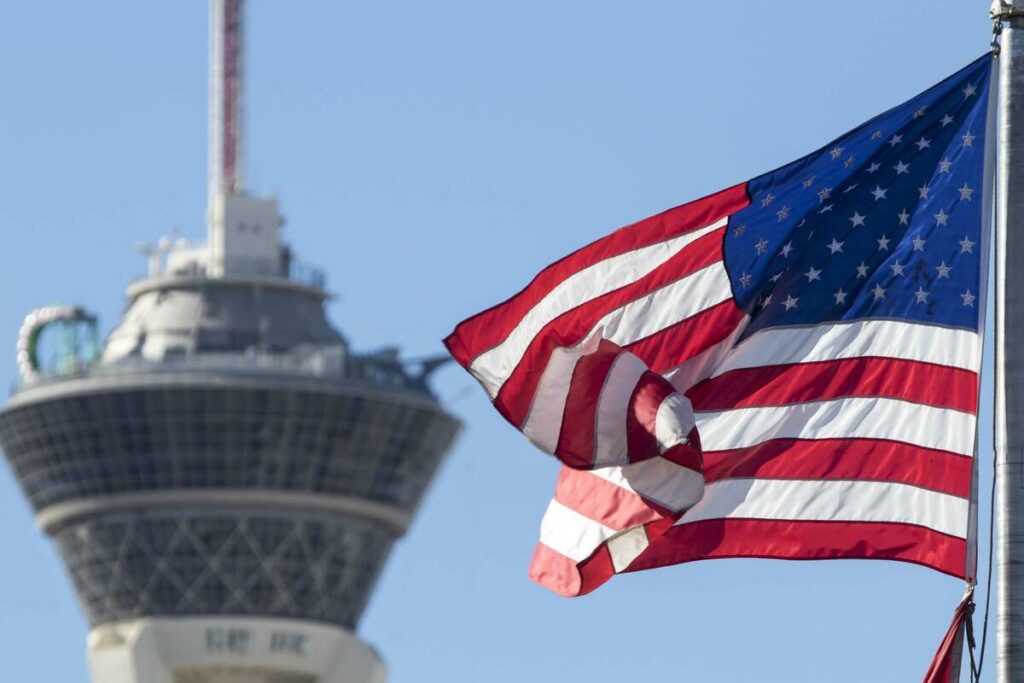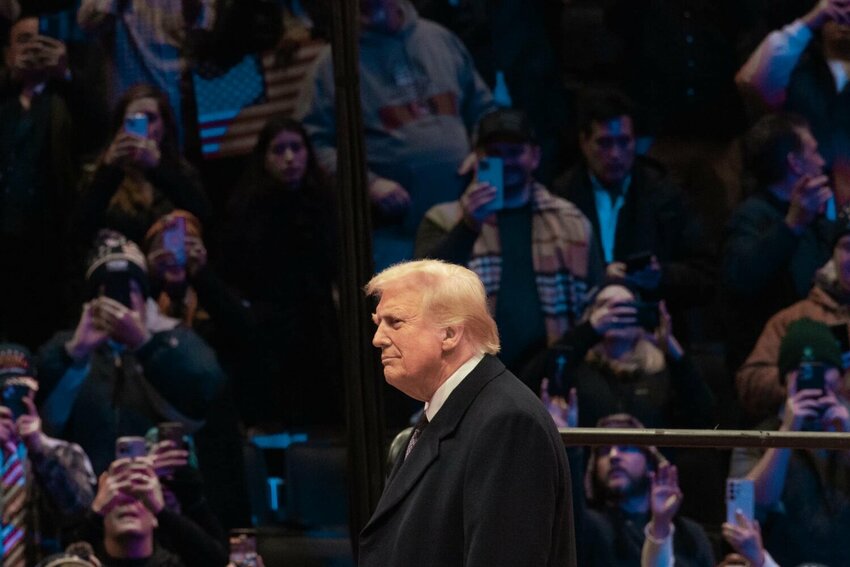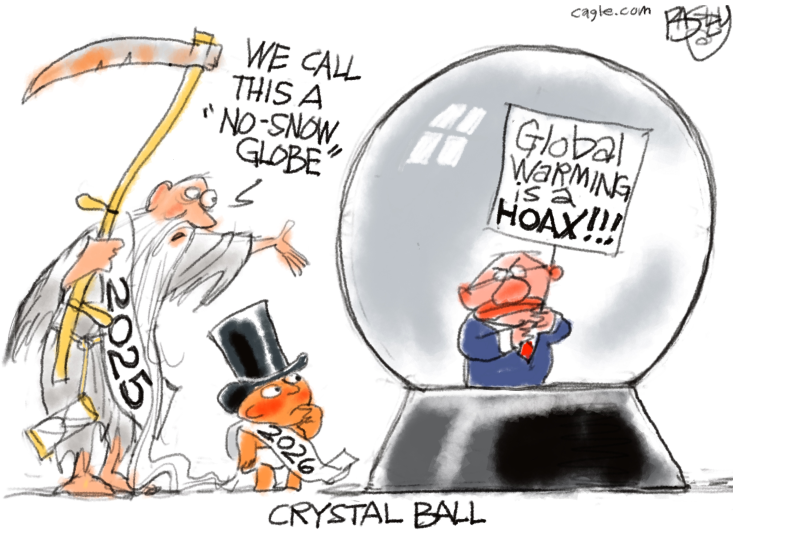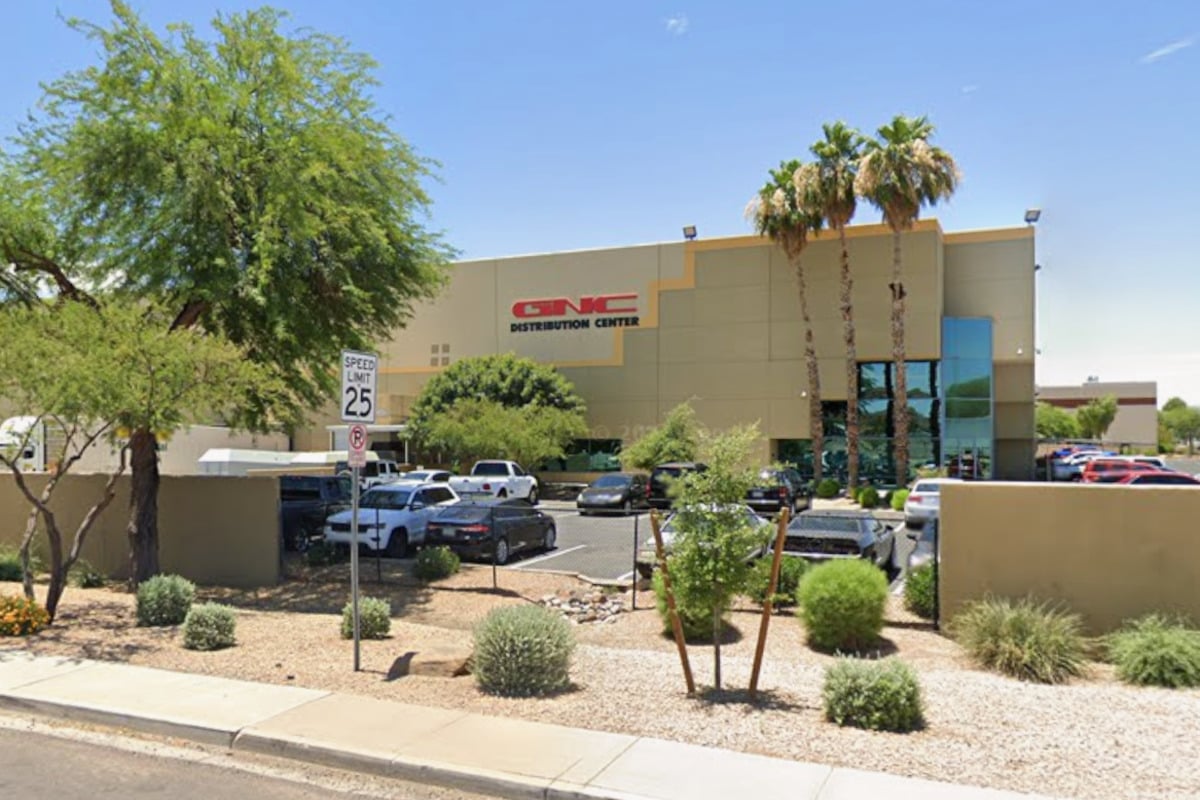
Labor Day, celebrated in the United States on the first Monday of September, has a history distinct from its European counterparts. According to Julia Vitullo-Martin, editor of “Breaking Away: The Future of Cities,” the origins of Labor Day in Europe trace back to the 1889 announcement by the First Paris Congress of the Second Socialist International. This event established May 1 as a day for workers to assert their rights, aiming for disruption and emphasizing worker participation exclusively, with no involvement from employers or capitalists.
In the United States, the narrative is markedly different. The American labor movement, while certainly facing its own challenges, adopted a more conciliatory approach. Key figures such as Matthew Maguire, a machinist from Paterson, New Jersey, and Peter J. McGuire, a carpenter from New York City, played pivotal roles in organizing the first Labor Day parade in New York City in September 1882. Their efforts, unlike some of their European counterparts, did not result in violent clashes. By 1894, President Grover Cleveland signed legislation designating Labor Day as a national holiday.
The American celebration of Labor Day reflects a broader acceptance across various social classes and political ideologies. Vitullo-Martin suggests that this inclusive spirit has contributed to the day being marked by family-oriented activities such as picnics, parades, and baseball games, rather than protests or confrontations. This contrasts sharply with the European socialist labor movement, which often framed the relationship between workers and employers in starkly opposing terms—viewing workers as the oppressed and employers as exploiters.
Prominent labor leader George Meany emphasized a different approach in the United States, advising unions to steer clear of divisive and partisan politics. The average American worker recognized that their contributions could significantly enhance their employer’s success. This understanding has led to the gradual decline of traditional confrontational unionism in the private sector.
The contrast between the bureaucratized socialism that has faltered in various parts of the world and the material prosperity experienced by workers in a free society is striking. The well-being enjoyed by even the lowest-paid workers today far exceeds what was available to the elite in the past collectivist regimes.
As Labor Day approaches each year, it serves as a reminder not only of the contributions made by workers but also of the progress achieved through their efforts. This holiday prompts Americans to reflect on their collective achievements, honoring the labor that has shaped the nation, while providing an opportunity for rest and celebration at the end of summer.







